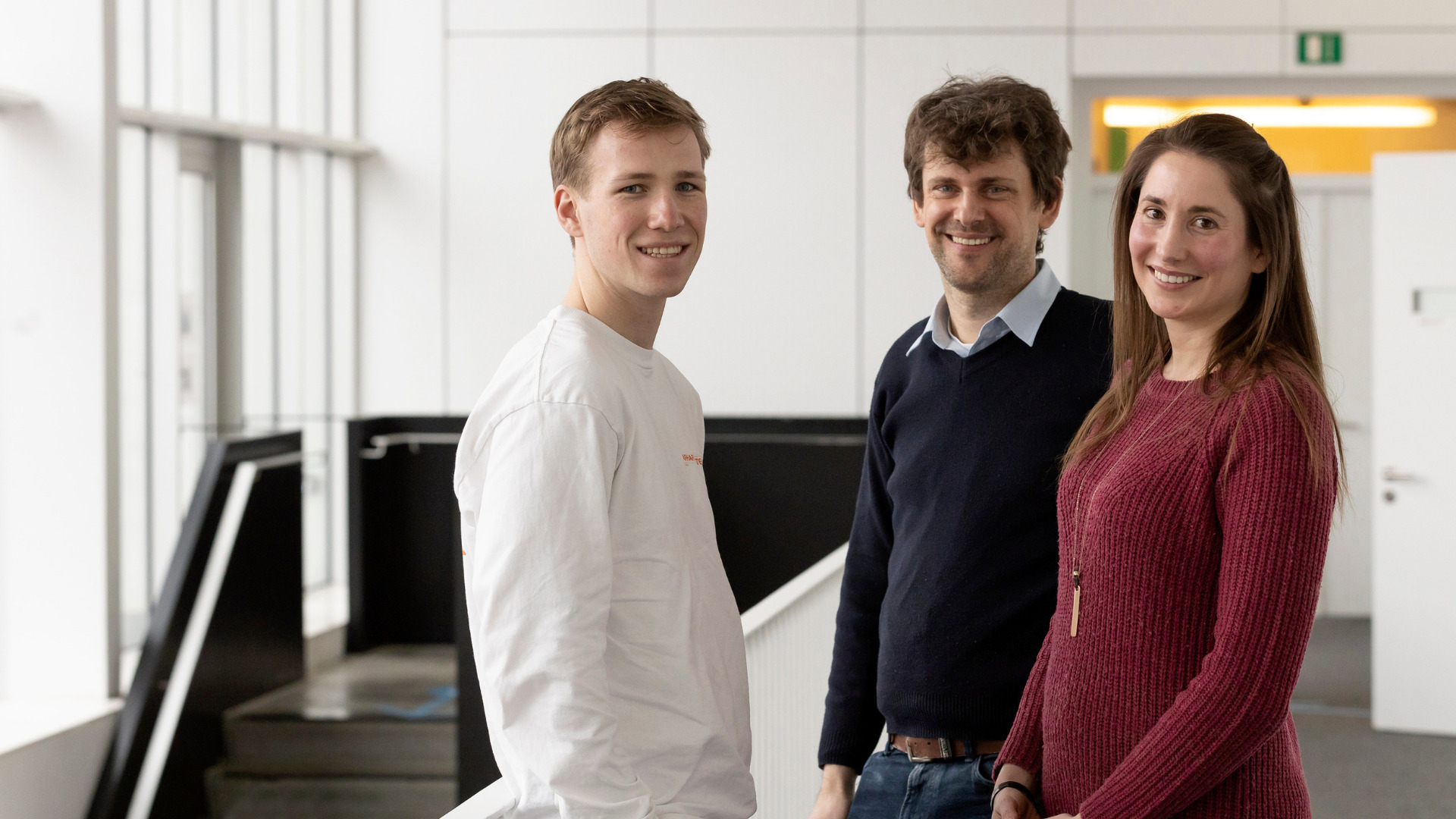The first English-language bachelor programme at our university has started: the ‘Social-Economic Sciences’ (SES) study programme, a broad programme with an international focus, attracted some forty Flemish and international students. Among them is Dutch student Tijmen de Brouwer: ‘With a study programme like this, I can always opt for an international career later on’, he says.
When Tijmen de Brouwer from Eindhoven started thinking about choosing a programme last year, his preference went to an English-language study programme, preferably abroad. For his friends and family, this did not come as a surprise: after all, he went to a bilingual, internationally-oriented school where almost all of the subjects were taught in English. ‘I first thought of a destination further away, but Antwerp also seemed a good option. It’s pretty close, so I can go home every weekend. A good compromise’, says Tijmen. When his eyes fell on the new SES study programme, he was quickly sold. ‘I find it difficult to choose, so a broad base with both Economics and Social Sciences seemed perfect’, he says.
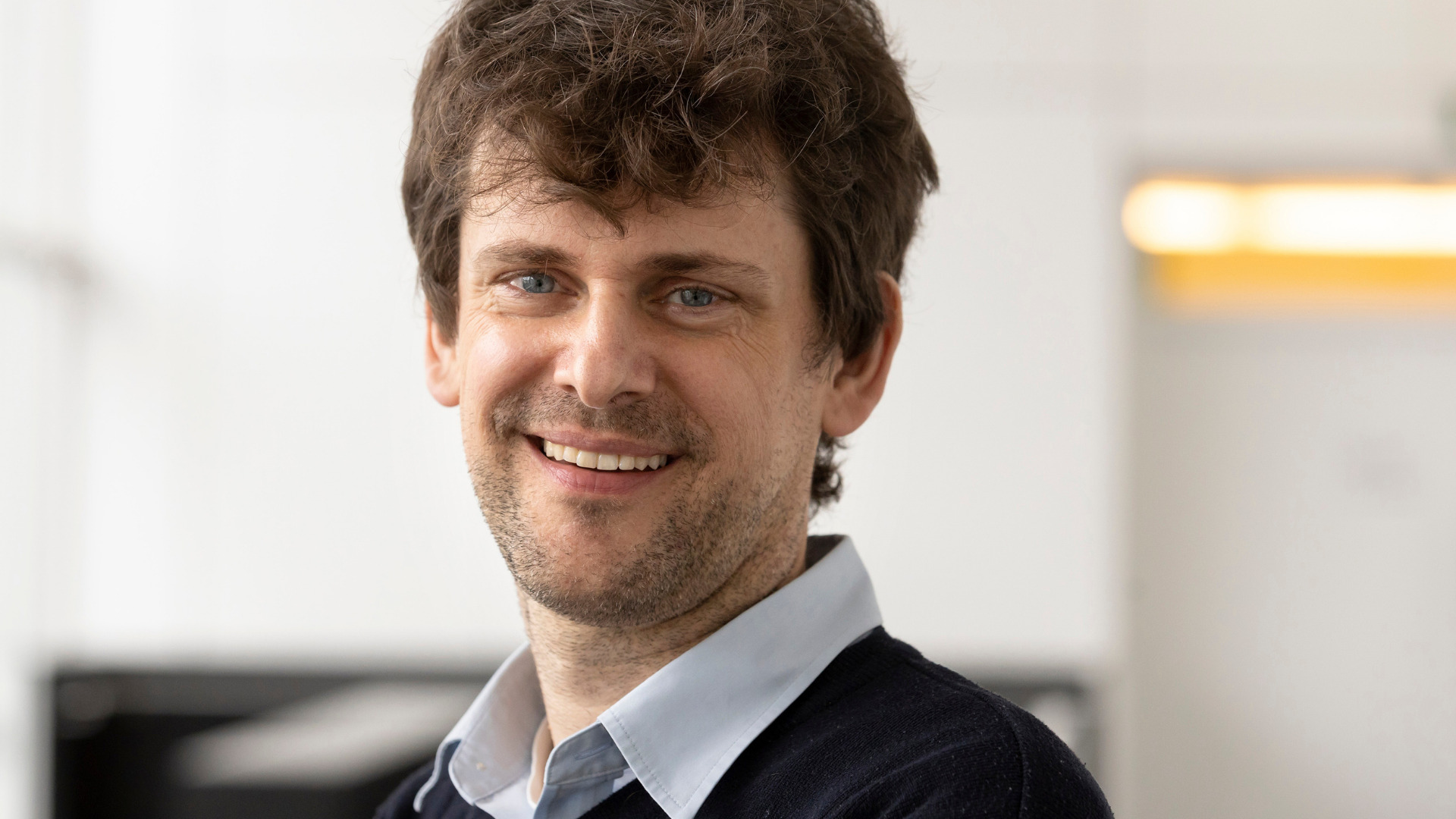
The English-language bachelor SES, a study programme in the Faculty of Social Sciences in cooperation with the Faculty of Business and Economics, responds to the increasing internationalisation of education. ‘Our university has been strongly committed to the development of international and intercultural competences for many years’, says teaching assistant Kim Boudiny. ‘With this study programme, we can continue in this vein. The students already start building an international network by being in the lecture hall. Our student survey shows that this international character was an important reason for our students in choosing the study programme. A considerable number of students are thinking of pursuing an international career. SES is a good preparation for this: the students attend classes in English and study in an international environment.’
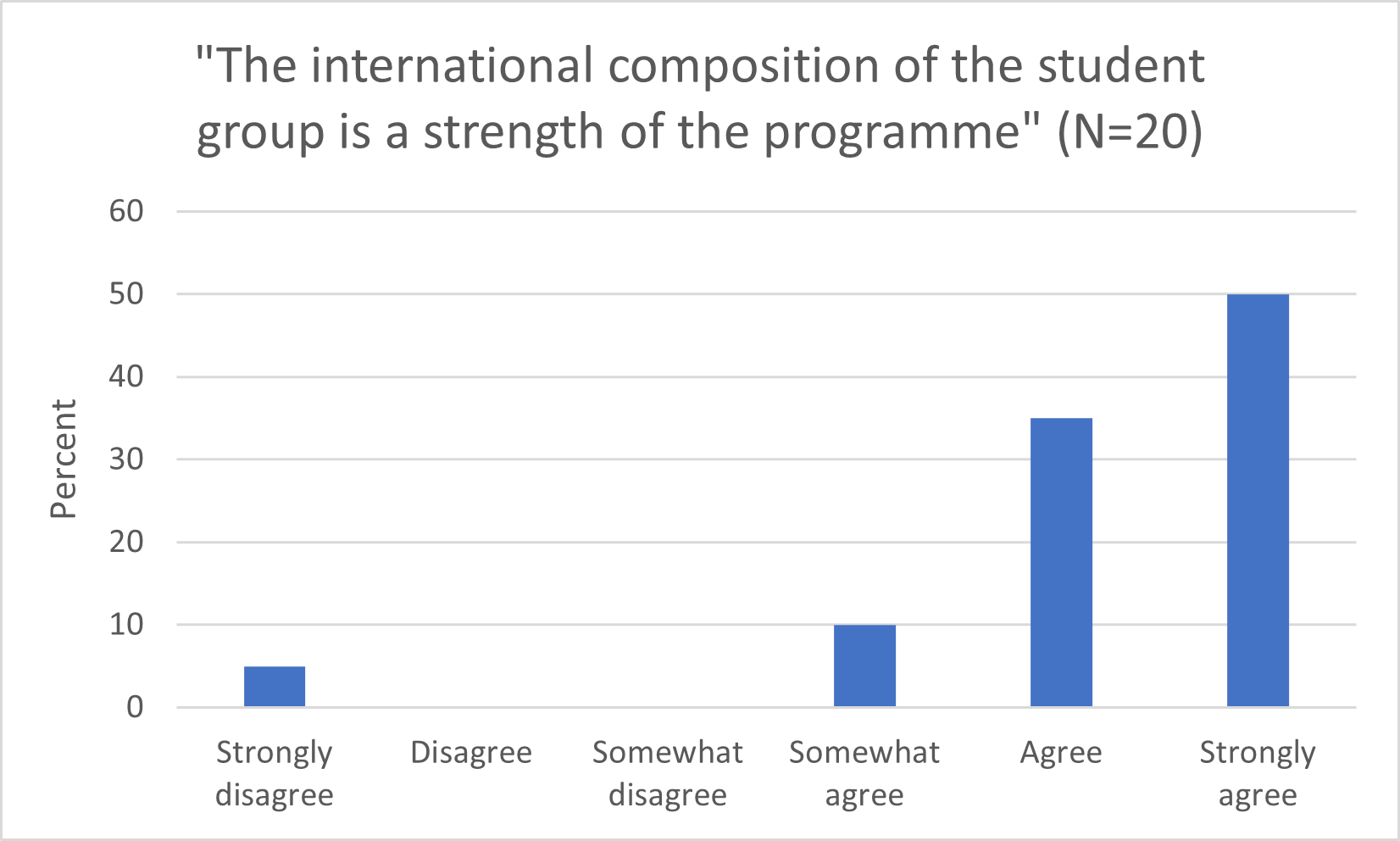
Study programme unique in Flanders
SES is the English-language counterpart to the sociaal-economische wetenschappen programme, a study programme that was established almost twenty years ago and was unique in Flanders at the time. The English-language twin includes the same study programme, with a few adjustments here and there, such as ‘Academic English’ being a compulsory course in the first semester for all students. ‘And of course, we also changed the content of the courses to have a more international approach’, says programme coordinator Professor Koen Decancq. ‘When you talk about “society”, it is different for an international group than when you teach only Flemish students. That’s what makes it so fascinating for us as lecturers: you start to question your own assumptions.’
With the English-language bachelor, the faculty targets both international students and Dutch-speaking students who seek an extra challenge or have a strong international focus. There is an equal distribution of both groups in the first batch: about half of the 38 students are Belgian or Dutch. The rest of the students are mostly from other countries within Europe: from Germany and France to Estonia and Poland. Some of them are native speakers of English.
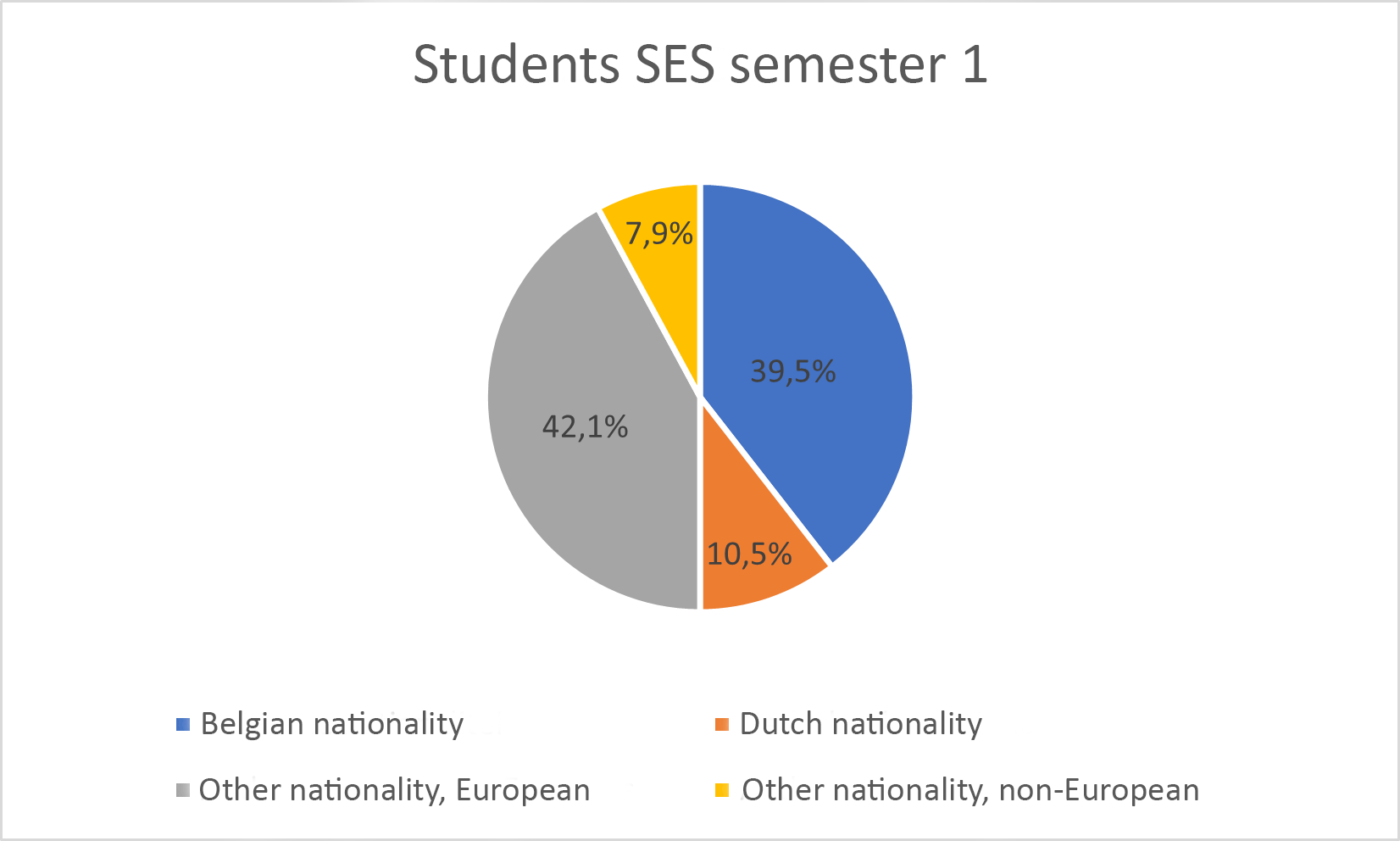
Breaking down barriers
This dichotomy brings additional challenges. Even in a study programme that explicitly presents itself as international, groups of exclusively Flemish or international students soon appear. This also became apparent in the student survey. ‘We tried to break up groups with various welcome activities, including an escape room game in the building of De Meerminne’, says Kim. ‘With Annelies Haeverans, we intended to organise activities during the first semester, but unfortunately corona threw a spanner in the works. But in the coming semester, we will definitely make up for that.’
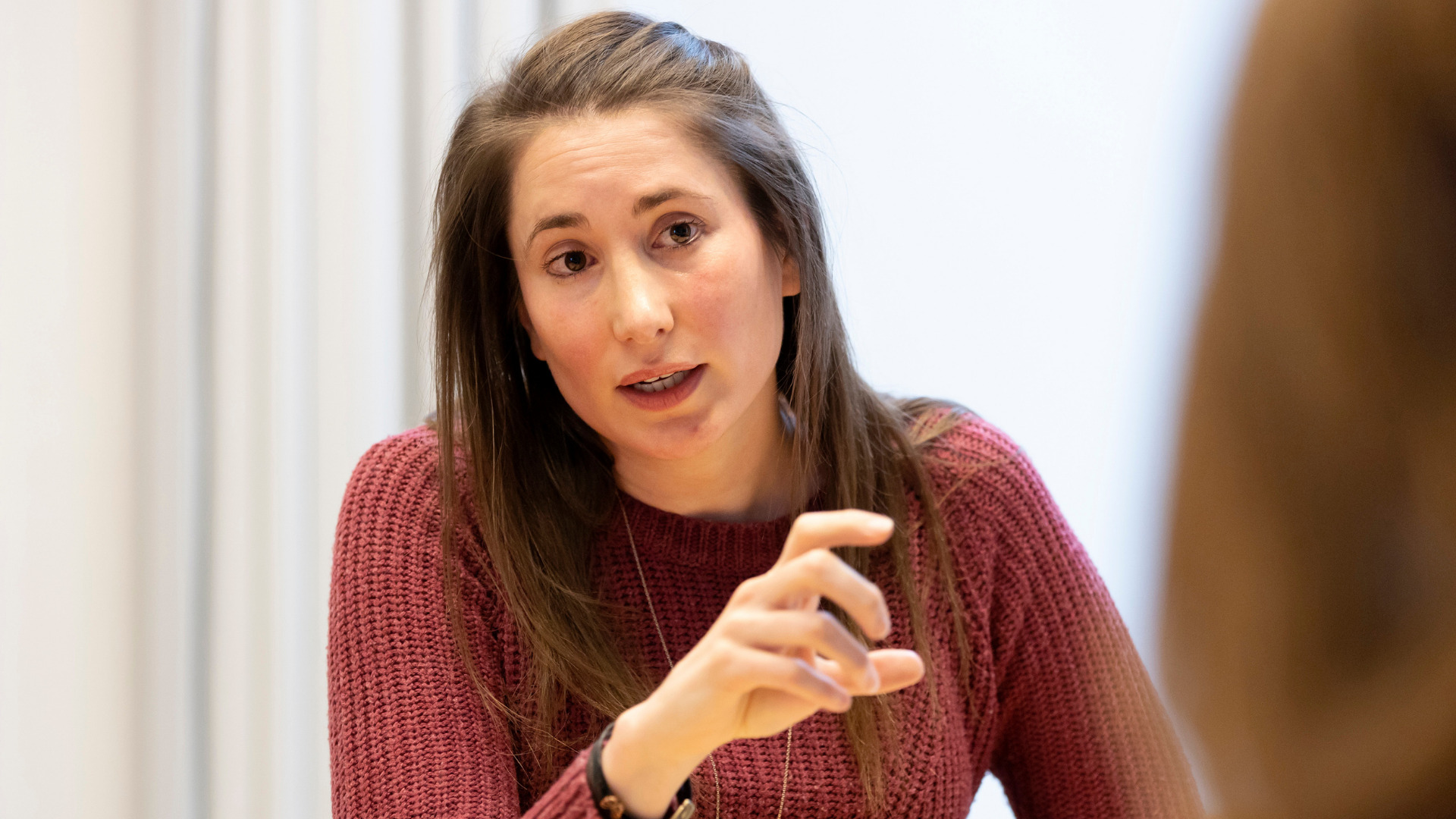
Koen and Kim realise that breaking down these divisions will be a permanent point of attention. Kim: ‘We think it may be useful to make the training course on intercultural communication accessible to all our students. Currently it is only offered to international students.’ In the meantime, they try to avoid this division in other ways as well, for example by trying to achieve a mixed composition in group assignments and by encouraging the Dutch-speaking students to speak English during the breaks as well.
In English please
Tijmen mainly interacted with international fellow students during the past semester. Not consciously, he says. ‘Apparently, those were just the people I liked the most. I also noticed that the international students were more in need of social contact than the others, probably because it is harder for them to connect outside the classroom. I also have a very good connection with my housemates, who happen to be almost all Dutch.’ He likes the fact that, for the time being, only about twenty students attend face-to-face lectures – some students take online classes. ‘That made me feel like I was back in secondary school during the first semester’, he laughs. ‘In that sense, it was a gentle transition. At the beginning of the second semester, I sat in a crowded lecture hall for the first time, because we had a course shared with other groups. That felt like the first “real” lecture to me.’
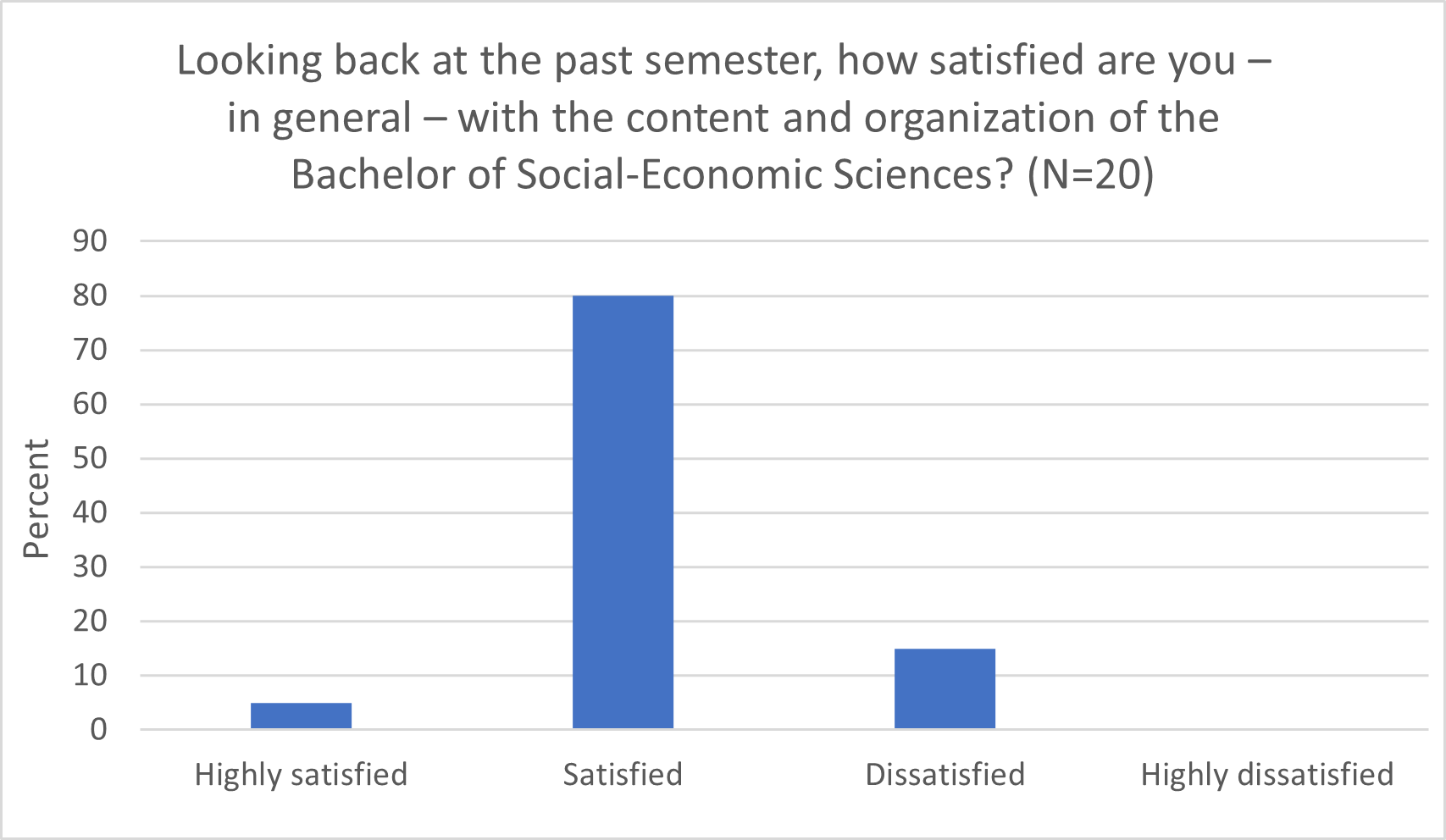
Thanks to his bilingual prior education, Tijmen has no problem with the English-language lectures. He is not alone in this: in the student survey, only two of the fifteen non-English-speaking respondents indicated that they had underestimated the level of English. The majority of the students also passed the first part of the programme component ‘Academic English’.
And what is it like for the lecturers to teach in English? That goes smoothly, says Koen. ‘As a researcher, you are used to communicating in English. During my career I have only taught in English. I think I would actually have a harder time finding the correct Dutch terms. Does that mean we all speak perfect English? Certainly not, but it doesn’t have to be.’ Either way, lecturers who teach in English at our university must be able to prove that they have reached level C1. ‘That’s pretty high’, says Koen.
First exam period behind us
The fact that our university has an increasing number of international students and employees also brings practical challenges. They bump into a Dutch-speaking wall too often, thinks Koen. ‘General handbooks, web pages, instructions in classrooms, types of student associations and their activities, you name it: it should all be available in English’. Kim agrees: ‘Something like that doesn’t happen overnight and requires collaboration from several departments. There is already a large English-language range, and that is constantly being expanded.’ She is currently making an English version of the faculty Self-study Pack for Academic Referencing.
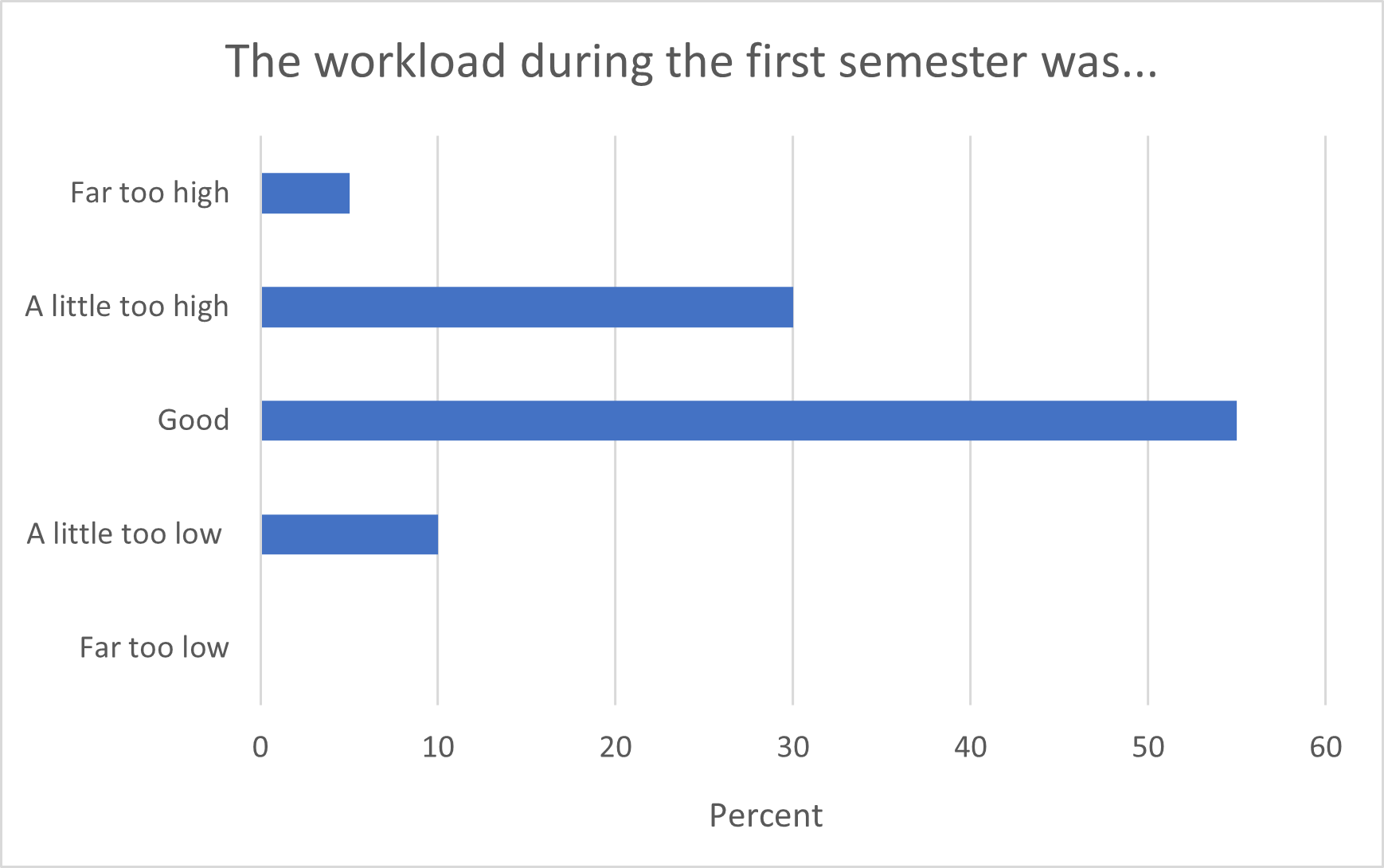
Meanwhile, the first semester and the first exam period are over. At first glance, the success rate seems good. One group of students achieved excellent results, although others clearly struggled. More detailed analyses are still ongoing. ‘Since the study programme is so new, we want to monitor it closely’, Kim says.
Feeling like pioneers
Both students and lecturers feel like pioneers, says Kim. ‘And at the Education Department as well: they are very curious about how things are going.’ That also applies to the other universities, Koen adds. ‘In fact, this is an experiment.’ They give themselves a few years to let the study programme grow. With almost forty registrations, expectations were already exceeded. Koen: ‘Don’t forget that we started late with recruitment, as we only received official approval for the study programme six months in advance. So I am not worried. With the international community in Brussels and the international character of Antwerp, there is undoubtedly demand for this programme.’
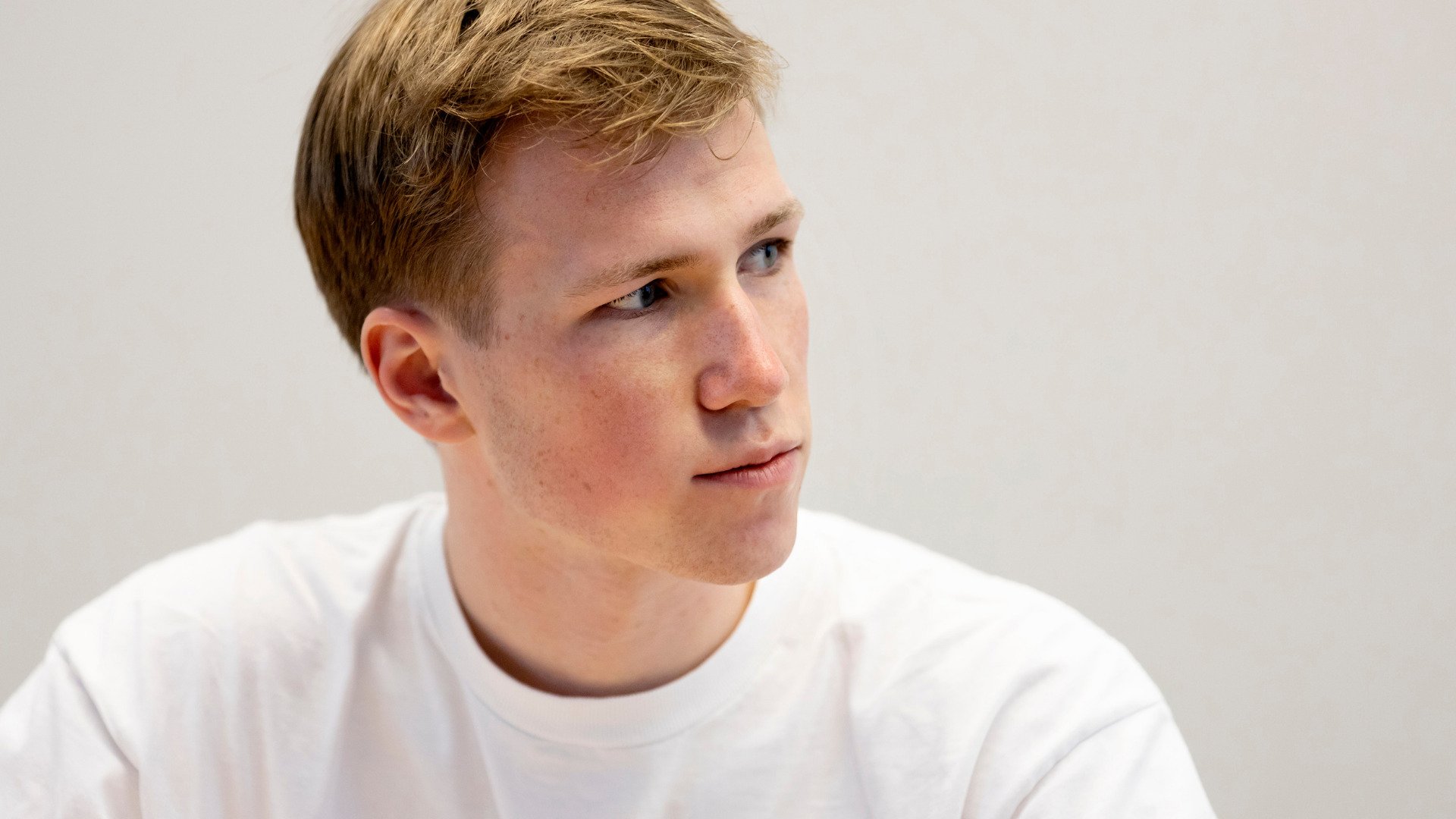
In just over three years, the first batch of SES students will graduate. If all goes well, Tijmen will be one of them. He realises, however, that he will have to go the extra mile for this, as he did not pass one course. But he feels sure that it will be all right. It is still too early for definite plans for the future. ‘Do I want an international career later? I don’t know yet, but I certainly don’t rule out working abroad. With this study programme, I am keeping that option open. And the fact that I have made friends all over Europe in the meantime is a great bonus’, he laughs.
Read more about the bachelor programme Social-Economic Sciences.


